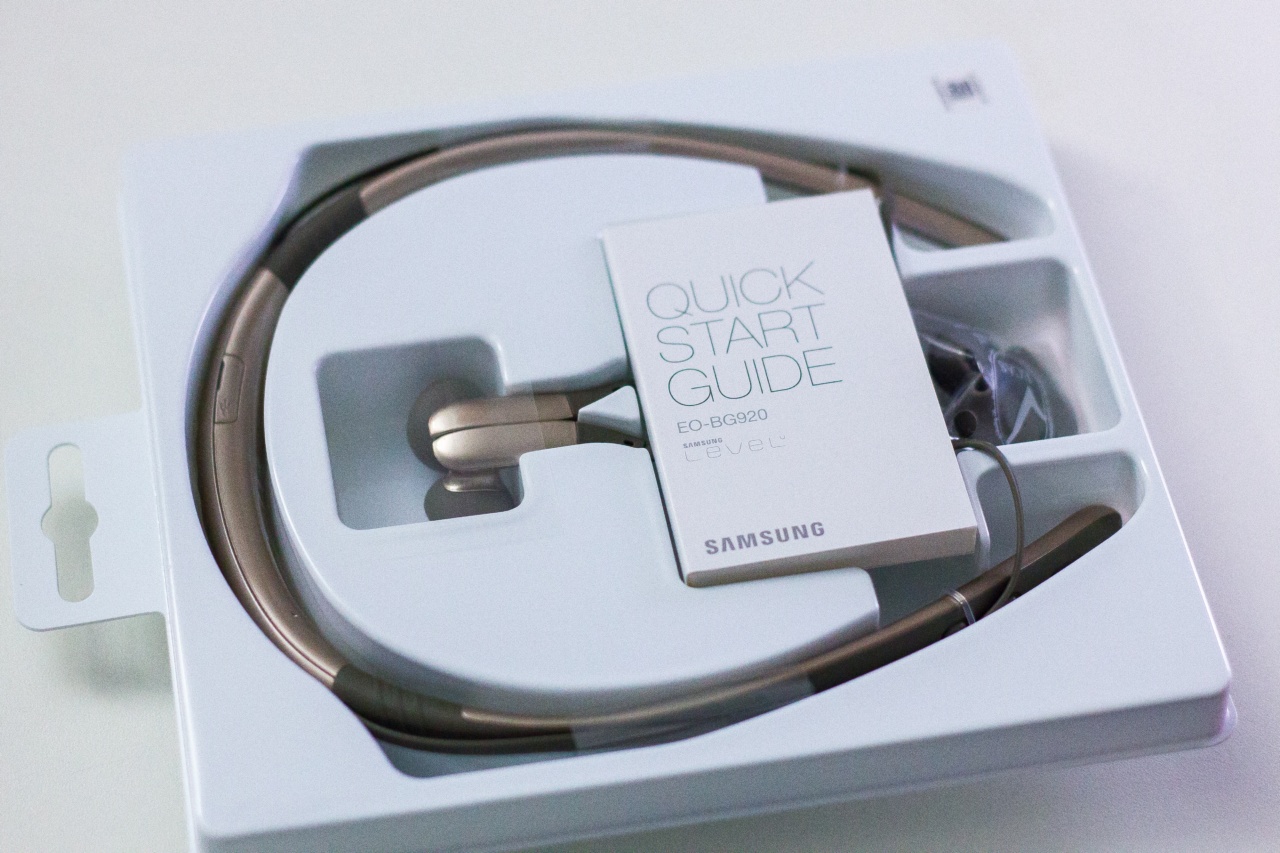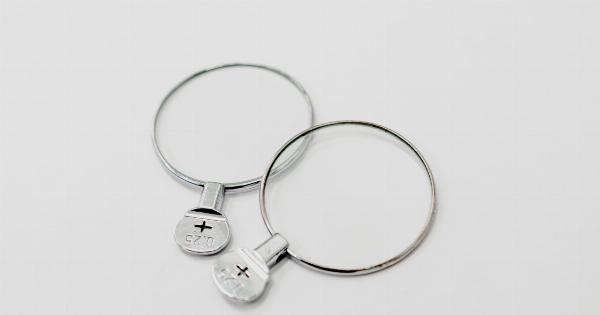The human eye is a marvel of nature, a complex system that allows us to appreciate the beauty of our surroundings.
One of the key components of the eye is the macula, a small part of the retina that plays a vital role in our central vision, allowing us to perform tasks such as reading, driving, and recognizing faces.
The macula is often overlooked, but its importance cannot be overstated. In this article, we will delve into the workings of the macula, its role in vision, and how we can protect it.
The Anatomy of the Macula
The macula is a small, oval-shaped area in the center of the retina, located at the back of the eye. It is approximately 5.5 mm in diameter, but it contains more than 10 million cells, making it the most densely packed part of the retina.
Despite its small size, the macula is responsible for a significant portion of our visual acuity.
The macula is divided into two zones: the fovea and the parafovea. The fovea is the center of the macula and is responsible for our sharpest vision. It contains a high concentration of cone cells, which are responsible for color vision and fine detail.
The parafovea surrounds the fovea and has a lower concentration of cells, which are responsible for our ability to perceive motion.
The Function of the Macula
The macula is responsible for our central vision, which is the vision we use to see things that are right in front of us. This includes reading, driving, and recognizing faces.
The macula works by absorbing light and converting it into electrical signals, which are sent to the brain via the optic nerve. The brain then interprets these signals and produces the images that we see.
Because the macula is responsible for such detailed and precise vision, any damage to it can have a significant impact on our ability to see.
Macular degeneration, for example, is a common age-related disorder that affects the macula, causing a loss of central vision. This can make it difficult or impossible to perform everyday tasks like driving and reading.
Protecting the Macula
Given the importance of the macula in our vision, it’s essential to take steps to protect it. One of the best ways to protect the macula is to maintain a healthy lifestyle.
This includes eating a balanced diet rich in vitamins and minerals, exercising regularly, and avoiding smoking.
There are also certain nutrients that are particularly important for the health of the macula. These include:.
Lutein and Zeaxanthin
Lutein and Zeaxanthin are two carotenoids that are found in high concentrations in the macula. They are powerful antioxidants that help to protect the macula from damage caused by free radicals.
Foods that are high in lutein and zeaxanthin include dark, leafy greens like spinach and kale, as well as egg yolks and yellow corn.
Omega-3 Fatty Acids
Omega-3 fatty acids are essential fatty acids that are important for the health of the macula and the retina. They help to reduce inflammation and oxidative stress, which can damage the macula.
Foods that are high in omega-3 fatty acids include fatty fish like salmon, mackerel, and sardines, as well as flaxseed and walnuts.
Vitamin C
Vitamin C is an antioxidant that is important for the health of the macula. It helps to reduce inflammation and protect the macula from damage caused by free radicals.
Foods that are high in vitamin C include citrus fruits, strawberries, kiwi, and bell peppers.
Vitamin E
Vitamin E is another antioxidant that is important for the health of the macula. It helps to reduce inflammation and protect the macula from damage caused by free radicals. Foods that are high in vitamin E include nuts, seeds, and vegetable oils.
In addition to maintaining a healthy lifestyle and a balanced diet, it’s also important to visit your eye doctor regularly.
Regular eye exams can help to detect any problems with the macula early, which can improve the chances of successful treatment.
The Bottom Line
The macula is a small but powerful part of the eye, responsible for our central vision. While it’s often overlooked, its importance cannot be overstated.
By maintaining a healthy lifestyle, eating a balanced diet, and visiting your eye doctor regularly, you can help to protect your macula and maintain your vision for years to come.

























